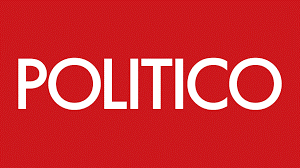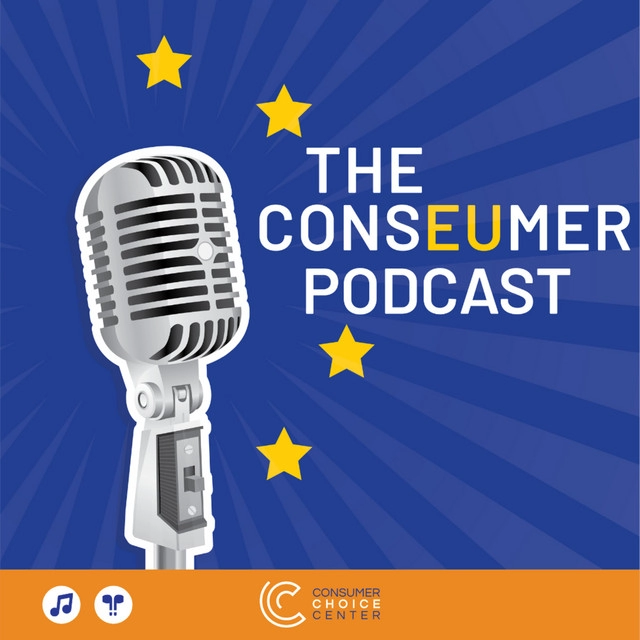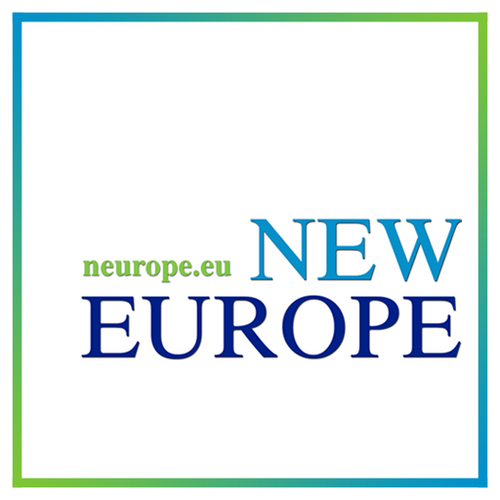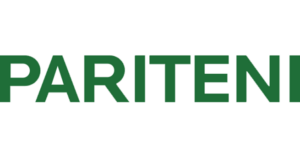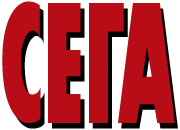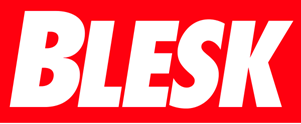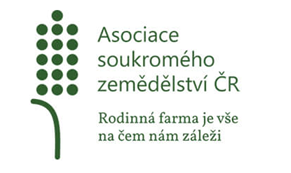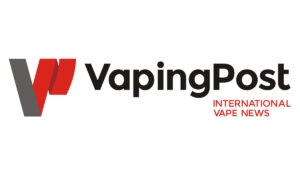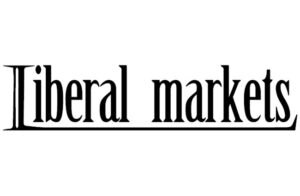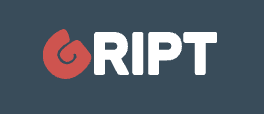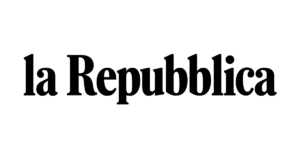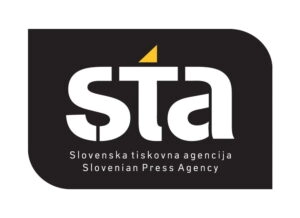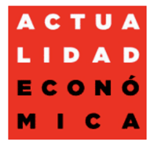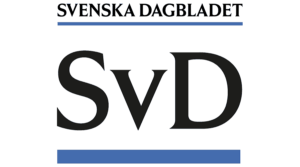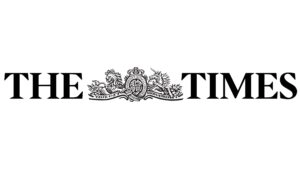Press coverage 2021
Chris Snowdon writes about the Nanny State Index for New Europe. He summarises the Index findings whilst emphasising that the 2021 edition does not include anti-Covid policies, which are meant to be temporary. Nevertheless, the increase in lifestyle regulation across Europe is worrying with Norway scoring the top spot as the least free country when it comes to alcohol, tobacco, e-cigarette, and food regulation. Read the full article in English here.
In episode 25 of ‘The ConsEUmer Podcast,’ Christopher Snowdon, Head of Lifestyle Economics at the IEA, joined the hosts to delve into the insights of the 2021 Nanny State Index. The conversation revolved around the growing inclination towards state paternalism across Europe and the general ineffectiveness of such policies in accomplishing their intended objectives.
The recent publication in New Europe delved into the findings of the 2021 Nanny State Index and embarked on a comprehensive analysis of the significant surge in state paternalism in recent times. By examining data from the Index, the article explored the reasons behind the widespread adoption of measures like sin taxes, particularly in the wake of the COVID-19 pandemic.
Bulgaria
Chris Snowdon writes about the Nanny State Index for New Europe. He summarises the Index findings whilst emphasising that the 2021 edition does not include anti-Covid policies, which are meant to be temporary. Nevertheless, the increase in lifestyle regulation across Europe is worrying with Norway scoring the top spot as the least free country when it comes to alcohol, tobacco, e-cigarette, and food regulation. Read the full article in English here.
Investor, a Bulgarian economic news outlet, recently published an article summarising the key findings of the 2021 Nanny State Index. The article explores the persistence of restrictive policymaking trends in Bulgaria and throughout Europe, noting that such efforts have continued even after the height of the COVID-19 pandemic. The piece presents several pieces of information sourced from the Nanny State Index.
In this article by Dir, findings from the Nanny State Index regarding Bulgaria and the prevailing paternalistic trends across Europe are presented. The article commends Bulgaria for its placement in the lower (freer) half of the Index and delves into the reasons behind the dominance of Scandinavian and Eastern European countries in the less-free segment of the index.
Akcent, a Bulgarian news outlet, highlighted the findings of the Nanny State Index in an article. The focus of the article was on how the COVID-19 pandemic has served as a catalyst for governments across Europe to implement an array of policies aimed at regulating people’s lifestyles, at the expense of individual freedoms.
Economynews, a Bulgarian news outlet specialising in economics, business, and finance, provided its audience with the results of the 2021 Nanny State Index. The article highlighted the ineffectiveness of prohibitionist policies in achieving their intended goals of reducing consumption. Additionally, it explored how the COVID-19 pandemic has empowered proponents of state paternalism to introduce further measures aimed at limiting individual freedoms following the period of lockdowns.
Pariteni, a Bulgarian news outlet, incorporated the Nanny State Index into its analysis of the “excessive and often absurd” endeavors of politicians to regulate people’s lives through paternalistic measures. The article extensively employs findings from the index to demonstrate how individual choice and the cost of living have been adversely impacted by such policies across Europe.
In an article by Cera discussing Bulgaria’s 22nd place ranking in the Nanny State Index, the focus was on the increased implementation of state paternalistic measures by governments across Europe in response to the COVID-19 pandemic. The article delves into the reasons behind this trend.
Czech Republic
In the Czech news outlet ‘Aktualne,’ the findings from the 2021 Nanny State Index and quotes from Martin Panek, Director of the Liberal Institute, an EPICENTER member, were featured. The article explored the reasons why Czechia had been surpassed by Germany in terms of freedom in the lifestyle sector since the previous edition of the index.
In Prague Morning, the findings of Czechia from the 2021 Nanny State Index were featured, along with comments from Martin Pánek and Christopher Snowdon of EPICENTER. The article explored the praise given to Czechia as a haven for beer drinkers, while also discussing the growing influence of state paternalist voices within the Czech government.
In the article titled “The Czech Republic has earned the reputation of the country of freedom” by 420On, the results of the 2021 Nanny State Index were presented. The article highlighted how Czechia had surpassed most other European countries in terms of regulations on alcohol, tobacco, e-cigarettes, as well as food and soft drinks. Data from the Index was utilised to showcase these findings.
The Czech media outlet Seznam Zprávy used the Nanny State Index to explain the liberal situation in the Czech Republic, quoting Christopher Snowdon: “The Czech Republic’s reputation as a haven of freedom took a hit in May 2017 when a major smoking ban came into force. The ban allows no smoking rooms and no exceptions…Thanks to low taxes and the non-existent mandatory closing time, the Czech Republic is a paradise for beer consumers”
The Blesk article celebrates Czechia’s liberal policies, referencing the 2021 Nanny State Index. Christopher Snowdon is also quoted as saying, “a public opinion poll conducted at the end of 2017 found that 58 percent of Czechs think the ban is too extreme. Thanks to low taxes and the non-existent mandatory closing time, the Czech Republic is a paradise for beer consumers”.
Zemedelec, a Czechian news outlet, celebrates the country’s small regulations on food and tobacco consumption and incorporates findings from the Nanny State Index in its explanation. It also quotes our own Christopher Snowdon: “Thanks to low taxes and the non-existent mandatory closing time, the Czech Republic is a paradise for beer consumers.”
‘Foodnet’ discusses findings from the 2021 Nanny State Index on the regulation of food and tobacco consumption. Quotes from index author and IEA analyst Christopher Snowdon were featured. The article discusses how Czechia ranks low in the Nanny State Index with minimal regulation on food, alcohol, tobacco and e-cigarettes, but Germany surpasses Czechia in terms of lifestyle freedom, while Norway, Lithuania, and Finland impose the most restrictions on consumers.
‘Foodnet’ discusses findings from the 2021 Nanny State Index on the regulation of food and tobacco consumption. Quotes from index author and IEA analyst Christopher Snowdon were featured. The article discusses how Czechia ranks low in the Nanny State Index with minimal regulation on food, alcohol, tobacco and e-cigarettes, but Germany surpasses Czechia in terms of lifestyle freedom, while Norway, Lithuania, and Finland impose the most restrictions on consumers.
Vaping Post, an international news aggregator specialising in e-cigarette regulations, examined the changes in e-cigarette regulations in France since the previous edition of the Nanny State Index. The article highlighted that while several European countries continue to adopt a laissez-faire approach to vape regulation, certain countries are imposing stricter restrictions on e-cigarette usage and sales.
Detailing changes in French e-cigarette regulation since the previous edition of the Nanny State Index, Vapoteurs presented how many European countries are continuing to tighten restrictions on e-cigarettes.
Greece
Liberal Market’s ‘Current Affairs’ column recently featured an article presenting Greece’s score and analysis from the Nanny State Index. The article aimed to elucidate to readers the reasons behind Greece’s 11th ranking, delving into the various restrictions imposed on alcohol, food, soft drinks, tobacco, and e-cigarettes in the country.
The Nanny State Index 2021 was mentioned in the Greek news outlet ‘My Portal’ highlighting how Greece has the 11th strictest European law regarding alcohol, food, soft drinks, tobacco and vaping products.
EPICENTER’s Nanny State Index 2021 reveals that Greece has strict regulations on alcohol consumption, high taxes on alcoholic beverages, stringent regulations on electronic cigarettes, heavy taxes on tobacco, and relatively strict policies on food and soft drinks. The study highlights the potential negative effects of such policies, disproportionately burdening economically vulnerable citizens, encouraging the shadow economy, and limiting consumer choices.
Money Review uses the Nanny State Index 2021 which highlights how Greece ranked 11th Strictest in Europe for paternalistic policies regarding the consumption of alcohol, food, soft drinks, tobacco, and vapour products. The article also discusses the index’s findings on the least stringent regulatory environment countries including Germany, the Czech Republic, and Luxembourg.
Irish media outlet RIPT hosts a 50 minute interview with IEA Head of Economics Lifestyle Christopher Snowdon, discussing the 2021 Nanny State Index which he oversaw. In addition to the content of the index, they discuss normative issues such as how consumers can fight back.
Italy
Sig Magazine, an Italian news outlet focused on vaping and harm-reduced alternative products, featured findings from the 2021 Nanny State Index concerning Italy and other European countries. The article examined the potential consequences for e-cigarette users if Italian politicians being to encroachment on individual freedoms in the near future.
La Repubblica’s article provided an overview of why Italy received a positive score in the Index regarding regulations, or the lack thereof, on alcohol, cigarettes, and soft drinks. Furthermore, the article presented the findings from a webinar conducted by the Bruno Leoni Institute, a member of EPICENTER.
In L’Opinione delle Libertà, an Italian news outlet, the contents of the Nanny State Index and EPICENTER member Bruno Leoni Institute’s webinar was featured. Discussing how Italy belongs to a small group of predominantly freedom-preserving European countries thanks to its relaxed approach to alcohol and tobacco.
In a recent article by Business Insider Poland, the impact of Poland’s new regulations on e-cigarettes, alcohol and cigarette duties, and sugar tax on the freedoms of Polish citizens was explored. The article utilised various analyses from the Nanny State Index country breakdown to illustrate how paternalism in Poland aligns with a broader trend across Europe.
In an article by STA, findings about Slovenia and its emergence of state paternalism in recent years were highlighted. The piece outlined how increased lifestyle regulations in Slovenia were not leading to improved health outcomes among its citizens. The article utilised analysis from the Nanny State Index to present why paternalistic policies had failed to achieve their desired results.
Antonio O’Mullony wrote an article on The Conservative going through the Nanny State Index, relating it to what it says about the Spanish government. He comments on the relative place of Spain in terms of restrictiveness on different lifestyle aspects, from alcohol to vaping. The article congratulates Spain for being the ‘fourth least restrictive country in the EU’, but notes there is reason to be concerned as there are future tax increases in smoking.
Spanish news outlet Actualidad Economica incorporates the Nanny State Index as a diagram, discussing the recent trend in Spanish politics with regard to nannying policies.
Mathias Svensson, a renowned Swedish writer, recently discussed the findings from the 2021 Nanny State Index in his piece ‘Holiday saboteurs rule Europe’ in Svenska Dagbladet. In his article, Mathias explores how state paternalist measures, especially prominent in Sweden, are continuing to mount – making life a little less free with each addition.
UK
Christopher Snowdon, Head of Lifestyle Economics at the IEA, recently discussed the results of the 2021 Nanny State Index on Britain’s Talk Radio. Snowdon highlighted a prevailing trend across Europe, wherein personal freedoms are diminishing and individual lives are becoming increasingly regulated. He pointed out that numerous countries have become less liberal in their approach.
The Telegraph recently featured an article discussing Britain’s 12th place finish in the 2021 Nanny State Index, which positioned it as the highest-ranking major economy on the list. The article provided an in-depth analysis of why Britain’s score was considerably lower than that of Germany, which claimed the title of the freest country on the index. To access the complete article, please click on this link.
In his article titled “Mapping the relentless march of the nanny state is no job for a libertarian” on CapX, Christopher Snowdon, the Head of Lifestyle Economics at the IEA, delves into the findings of the 2021 Nanny State Index, which marks its fourth iteration. Snowdon highlights how the index reveals yet another discouraging advancement in the expansion of state control over individuals’ lives.
In an article published in The Times, IEA Director General Mark Littlewood emphasized the disconnect between politicians’ stated justifications for implementing state paternalistic measures and the actual outcomes they achieve. Littlewood referred to the 2021 Nanny State Index, which revealed that such trends in Britain and Europe have proven ineffective in improving public health or increasing life expectancy.
Guido Fawkes, a British news outlet, examined the recent surge of state paternalistic measures in Britain and Europe, highlighting broader trends. The article also featured key findings from the Nanny State Index, focusing on the lack of effectiveness such measures have in improving societal life expectancy.
Zemedelec, a Czechian news outlet, celebrates the country’s small regulations on food and tobacco consumption and incorporates findings from the Nanny State Index in its explanation. It also quotes our own Christopher Snowdon: “Thanks to low taxes and the non-existent mandatory closing time, the Czech Republic is a paradise for beer consumers.”
This article discusses Oxfordshire’s plans to become the first “smoke-free” county in England by 2025 and uses the 2019 Nanny State Index to highlight how the proposed ban is in line with a larger trend of government intervention in the UK as it is the fourth least free country in the EU to eat, drink, and smoke.
In an article by Spiked, findings about the UK’s ranking as the highest major country on the Nanny States Index. The article criticises the plans of Oxfordshire County Council and other councils in the UK to ban smoking in certain outdoor areas. The Nanny States Index results suggest that the proposed smoking restrictions in Oxfordshire align with a broader trend of increasing government intervention. It serves to support the argument against such regulations.
An article by Martin Van Staden on the South African daily newspaper Business Day discusses the Epicentre’s Nanny State Index, in context of the topical Control of Tobacco Products and Electronic Delivery Systems Bill, threatening the freedom of choice of South Africans.
